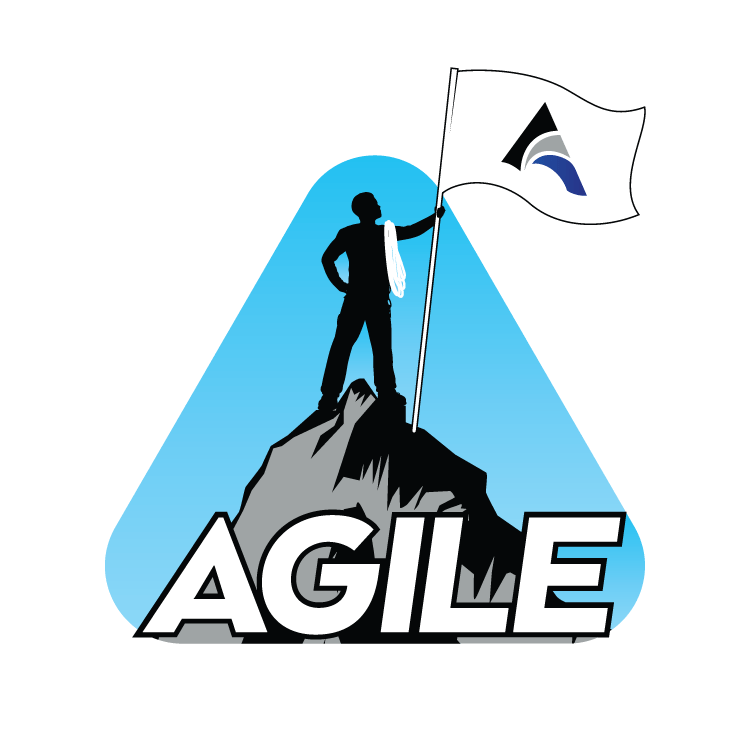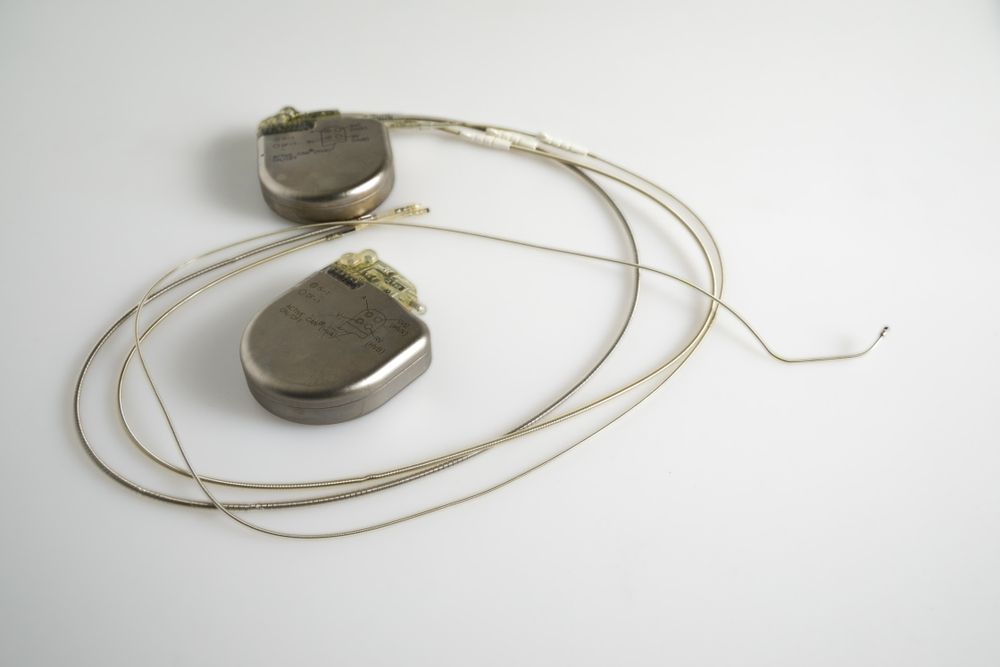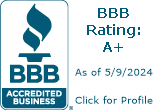Maryland Sales Tax Exemption for Software
The Maryland sales tax exemption for software provides a sales & use tax exemption for Maryland-based businesses that purchase and use certain types of software during the course of their operations. The knowledgeable and detail-oriented sales tax consultants at the Agile Consulting Group can provide your organization with the resources and tools to take advantage of this exemption and improve your business’s cash flow.
In general, per MD Code Ann. Tax-Gen. 11-102(a) , tangible personal property that is sold at retail is subject to sales and use tax on the gross sales price. Tangible personal property is defined in MD Code Ann. Tax-Gen 11-101(k)(1)(i) as meaning, “corporeal personal property of any nature.” By using the term “corporeal”, Maryland institutes a very literal definition of tangible personal property because corporeal means that the property in question must be a physical object and exist as a physical form. This definition is relevant to any discussion about software purchases because this definition makes an important distinction between the type of software that should be considered as tangible personal property versus intangible personal property.
Prewritten or Canned Software
The Maryland sales tax exemption for software does not apply to any purchases of “prewritten” or “canned” software that are delivered in a “corporeal” manner. MD Code Ann. Tax-Gen 11-103(b) states that, “the person required to pay the sales and use tax has the burden of proving that a sale in the State is not subject to the sales and use tax.” Since the Maryland tax code and administrative regulations do not provide any specific sales tax exemption in the law, “prewritten” and “canned” software programs, which are considered to be software that is not designed, created, or developed for and to the specifications of an original purchaser are presumed to be taxable tangible personal property.
Furthermore, these types of software programs have historically been held by the Maryland Court of Appeals to be considered taxable tangible personal property. In the case MD COMPTROLLER OF THE TREASURY v. EQUITABLE TRUST COMPANY, 296 Md 459 464 A2d 248, 08/11/1983 , the taxpayer was contesting the results on an audit that assessed sales taxes on the purchase of canned computer program software licenses. The taxpayer attempted to argue that the assessment was incorrect because the licenses should be considered intangible personal property that merely granted the customer the right to use programs, knowledge, and information, even though they were delivered via a temporary magnetic tape. The Court of Appeals upheld the tax assessment by concluding that, “as a matter of law that the dominant purpose or essence of the transactions was the programs and that computer programs are intangible.” By upholding the Maryland Comptroller’s tax assessment on these software programs, the Court of Appeals affirmed that “canned” software delivered in a tangible medium is taxable tangible personal property under the Maryland Tax Code.
Electronically Delivered Software
While “canned” software purchases that are physically delivered are considered taxable tangible personal property in Maryland, electronically delivered software where the purchaser does not receive any physical medium qualifies for the Maryland sales tax exemption for software. According to the most recent Comptroller of Maryland Publication that discusses tangible personal property and services subject to sales and use tax, page 13 of this publication states that, “Canned computer software accessed electronically through digital download etc.” is not subject to sales and use tax. This exemption will only apply if the purchaser does not receive the right to receive tangible personal property as part of the sale.
Custom Software
The Maryland sales tax exemption for software also applies to custom computer software programs and services. Per MD Code Ann. Tax-Gen 11-219(b) , sales and use tax does not apply to the sale of custom computer software services relating to procedures and programs that meet the following criteria:
- Are to be used by a specific person
- Are created for a specific person
- Contain standard or proprietary routines that incorporate significant creative input to customize the procedures and programs for that specific person
- Do not constitute a program, procedure, or documentation that is mass produced and sold to the general public or persons associated in a trade, profession, or industry
Essentially, this means that any software or related services that are performed for a specific customer and only for that specific customer are not an enumerated service in Maryland and would not be subject to sales and use tax.
How to Claim the Maryland Sales Tax Exemption for Software
Since the Comptroller of Maryland does not provide a specific exemption certificate for custom software programs or electronically delivered software on their website, any Maryland business making a qualifying exempt software purchase can submit a letter to their vendors that includes the following information:
- Name and address of the taxpayer (purchaser)
- Maryland certificate of sales tax registration number, if any, issued to the taxpayer
- The general character of the personal property sold, distributed, leased, or stored, or to be sold
- Statutory reason that the personal property sold, distributed, leased, or stored, or to be sold is exempt from sales tax
- Signature and Title from an authorized representative of the taxpayer stating that “I certify that I am authorized to sign this Certificate of Exemption and that, to the best of my knowledge and belief, it is true and correct, made in good faith, pursuant to the provisions listed in the Annotated Code of Maryland”
How to Recover Maryland Sales Taxes Already Paid
Maryland businesses that have already made a purchase of software which meets the exemption criteria listed above are entitled to refunds for purchases that were made within four years from the date the tax was paid. There are two options available to Maryland purchasers to recover any sales tax overpayments on software. The first is to reach out to the original seller and request that they issue a refund or credit. The seller can accomplish this by amending their Maryland sales & use tax return from the period in which the original sale was billed. If the seller declines to issue the purchaser a refund or credit directly by amending their sales & use tax returns, then Maryland purchasers can file a claim for refund directly with the Comptroller of Maryland by completing and submitting Maryland Form SUT205. This SUT205 Sales and Use Tax Refund Application also allows purchasers to claim a refund with the Comptroller of Maryland for any self-assessed taxes that the purchaser realizes were incorrect at the time. The consultants at Agile Consulting Group have experience in recovering overpaid sales taxes from both sellers and the Comptroller of Maryland and can assist any Maryland business with this cumbersome process.
As with all sales and use tax research, the specifics of each case need to be considered when determining taxability. Additional advice from Agile Consulting Group’s sales tax consulting team can be found on our page summarizing Maryland sales and use tax exemptions.
Reach Out to Us with Questions
If you have questions, comments or would like to discuss the specific circumstances you are encountering in regard to this issue or any other sales and use tax issue, please contact a member of Agile Consulting Group’s sales tax consulting team at (888) 350-4TAX (4829) or via email at info@salesandusetax.com .
The post Maryland Sales Tax Exemption for Software appeared first on Agile Consulting Group.














